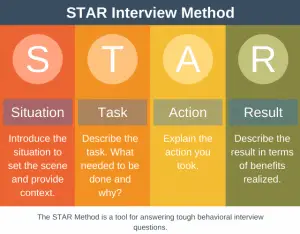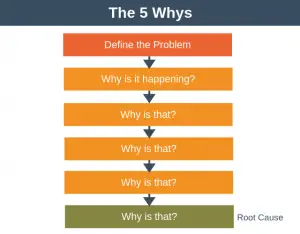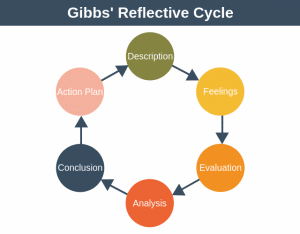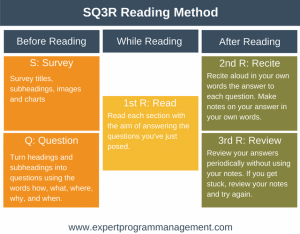Quick wins provide a way to build credibility and confidence whenever we begin a new role within our career.
This new role could mean that you’ve started a new job, or that you have a new boss, or that you’ve won a new client.
In today’s fast-paced business environment there’s a lot of pressure on new employees to prove their value straight away. Quick wins are a key tool in helping you do this and they enable you to hit the ground running.
Quick Wins Definition
A quick win is defined as a new improvement that is visible, contributes to the organization, and can be achieved quickly after starting your new role.
Quick wins are usually secured in the first 90 days of starting a new job. They get your new role off to a good start by boosting your credibility. Not only that, these early successes can boost your confidence, get people excited, and create value for the organization.
Quick wins are particularly important because your early actions in a new role will have a disproportionate impact on how people perceive you.
Note
Quick wins can go by many names, including low-hanging fruit, no-brainer, and early win.
Identifying Quick Wins
An easy way to identify quick wins is to brainstorm ideas starting before you begin your new role. You can then measure your ideas against the following rules:
- Has an easy to understand goal and a narrow scope. These are quick wins, so there should be no debate about what is to be achieved.
- There is little or no capital outlay required. There are two reasons why this criterion is present. First, when you’re new in a job proposing capital outlay can often be met with resistance. Second, when we spend capital we risk not getting a return on our investment. This criterion is present so we avoid this risk.
- The results will build your credibility. This could be with your team, your boss, or with others within the wider organization.
- Success is straightforward to measure. To be a quick win it needs to be obvious that the objective has been achieved.
- There needs to be buy-in from key stakeholders. Without this, you could be going after a quick win that is unimportant for the organization or its key stakeholders.
- The win must be quick to achieve. It should be possible to achieve the win in under 90 days.
- Your team must have the capabilities to achieve the quick win.
- The win must add value to (have a positive impact on) the organization. The win must move the organization in the right direction in some small way.
Quick Wins Template
This template can be useful in helping you track and score your quick win ideas:
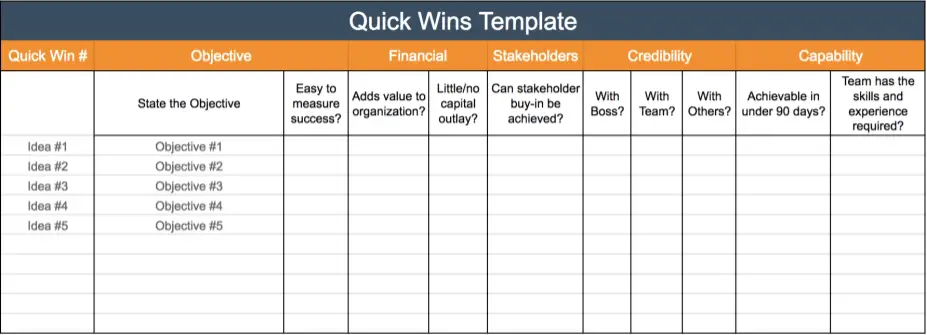
You should start to complete this table even before you start your new role as you begin to generate ideas. As you fill in the blanks for each row you’ll start to notice that not all of your ideas meet all the criteria.
You might even find that none of your ideas meet all of the criteria. That’s okay. What we’re looking to do is use this template to identify the best ideas you have.
If you’d like to use this template to start generating your own quick win ideas, you can download it here.
You are now in a position to select the best quick wins from your list.
Quick Win Mistakes
Although the concept of obtaining quick wins is straightforward, there are still a number of traps to watch out for.
The Quick Wins Template should help you avoid most of these, but there are a few others you should be aware of. These are:
1. Trying to do too much
By trying to do too much you can fail to achieve your quick wins and your credibility and confidence will suffer as a consequence. To avoid this, pick two or three of your ideas that deliver the most value with the least amount of risk and focus on these exclusively first. Once these are a success you can move on to try your next most promising ideas.
2. Focusing on the what and not on the how
When you’re new in a role it isn’t only what you achieve that’s important but also how you achieve it. Suppose you deliver a quick win of value to the organization, but in the process, you alienate most of your team. In this case, your quick win will have backfired and you will in all likelihood have done damage to your credibility.
3. Not taking business culture into consideration
The mistake here is that you target results that are not valued by the organization’s culture. For example, targetting quick cost savings may not be appreciated in a very rapidly expanding, cash-rich startup.
4. Focusing on quick wins that don’t build momentum
The quick wins you pick should build your leadership momentum. One way to do this is to pick projects that create positive outcomes for your team and for your boss.
Quick Wins Example
For this quick win example, suppose that shortly after you start a new role you discover that your boss has a habit of going directly to your team members and asking them to perform urgent tasks.
You discover that this has a couple of unintended negative consequences. First, it adds extra stress to your team and makes it difficult for them to prioritize their workload. Second, more important tasks get delayed to focus on these new requests much to your boss’s annoyance.
You decide to see if it’s a quick win to ensure all urgent requests go through you. You will triage them and ensure they are prioritized and responded to appropriately.
Let’s look at all the criteria, in turn, to see how this idea stacks up:
- Easy to measure success? Yes. All requests will be routed to you and no longer through your team members.
- Adds value to the organization? Yes. Team members are less stressed and work items are delivered according to priority.
- Little or no capital outlay? Yes
- Can stakeholder buy-in be achieved? Definitely, the team will be bought-in, but it may take a little work to convince your boss that it’s in their interest to.
- Credibility with the boss? Yes, if the win can be shown to work for both the boss and team.
- Credibility with the team? Yes
- Credibility with others? No
- Achievable in under 90 days? Yes
- The team has the skills and experience required? Yes
As you can see, not every box is ticked, but this is still a very good candidate for a quick win. What’s especially nice about this quick-win is that by making your boss and your team happier you’ll directly improve your credibility in their eyes.
Quick Wins Summary
A quick win is an improvement that is visible, contributes to the organization, and can be achieved quickly after starting a new role. Quick wins help build your credibility and your confidence when you’re new to a role.


